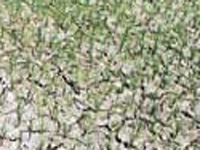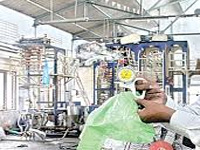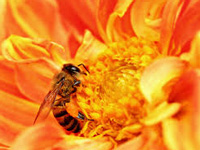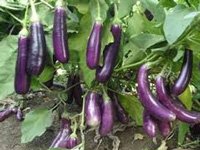To save the planet, first save elephants
Wiping out all of Africa’s elephants could accelerate Earth’s climate crisis by allowing 7% more damaging greenhouse gases into the atmosphere, scientists say. But conserving forest elephants may reverse
Wiping out all of Africa’s elephants could accelerate Earth’s climate crisis by allowing 7% more damaging greenhouse gases into the atmosphere, scientists say. But conserving forest elephants may reverse

Weather experts at the Aryabhatt Research Institute of Observational Sciences (ARIES), Nainital, today said global warming in the stratosphere of the earth had affected the atmosphere of the world in recent
A domestic sheep has given birth to a baby mouflon in a rare successful example of interspecies cloning, according to scientists in Iran. The wild Isfahan mouflon – or ovis orientalis isphahanica –
Mankind may be responsible for something we long thought out of our control: the changing of the seasons, according to a new study by Chinese and Canadian scientists. For the first time, researchers
A device commonly used to measure the methane that leaks from industrial sources may greatly underestimate those emissions, said an inventor of the technology that the device relies on. The claim, published

The El Nino weather phenomenon, which has often disrupted rainfall in India, is further strengthening and likely to persist into early 2016, the Australia Bureau of Meteorology said in an update on Tuesday.
The well-managed conservation reserves may safeguard flora and fauna from many threats, but not from climate change, Australian scientists warned on Tuesday. Scientists from James Cook University in

PATIALA: Researchers at Thapar University, Patiala, claim to have found the key to producing eco-friendly polythene. Due to concerns over its environmental impact, state governments and municipalities

When it comes to vaccinating their babies, bees don't have a choice - they naturally immunise their offspring against specific diseases found in their environments, scientists say. Researchers from
A carbon sink may be located beneath the world's deserts. Scientists have found that massive aquifers underneath deserts could hold more carbon than all of the plants on land. Greenhouse gases are continuing

Years after the government imposed an indefinite moratorium on the commercial release of Bt Brinjal, genetically-modified for resistance to the fruit and shoot borer, a principal scientist of the National